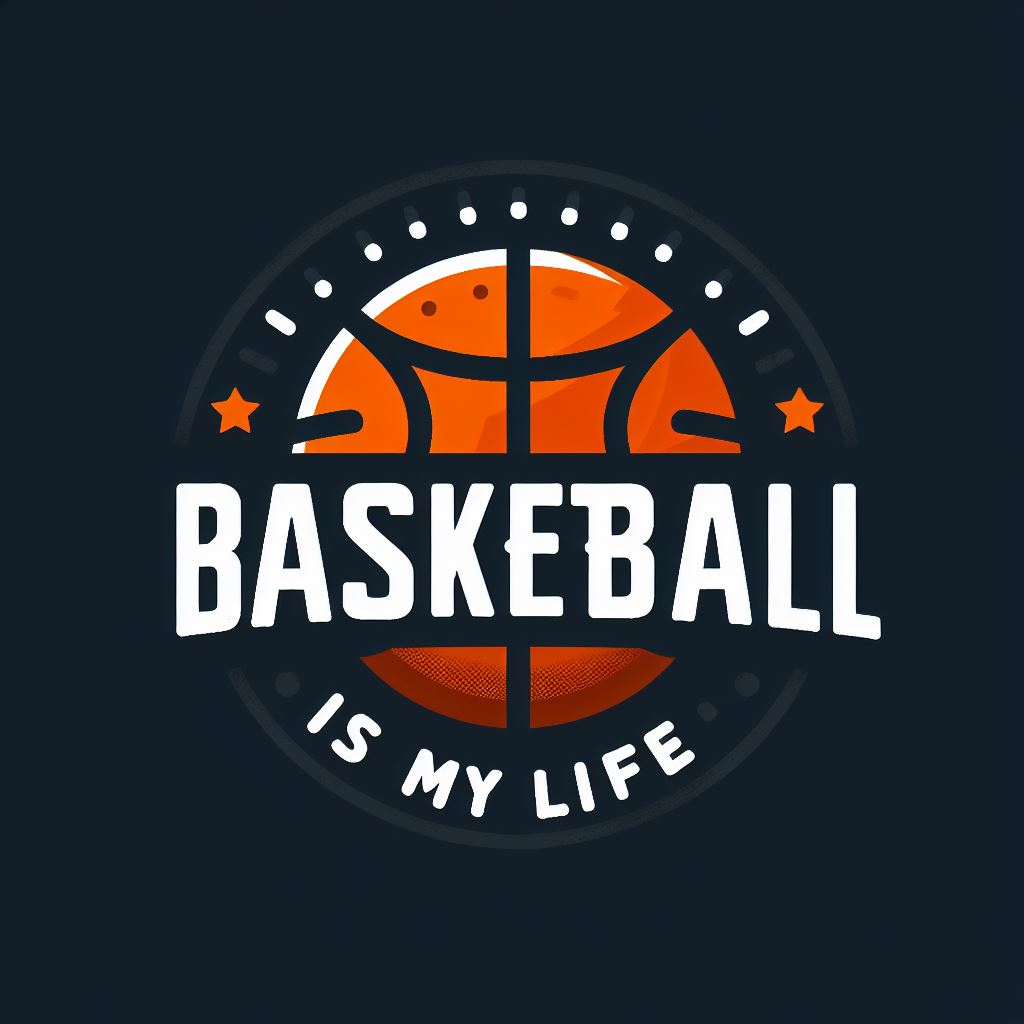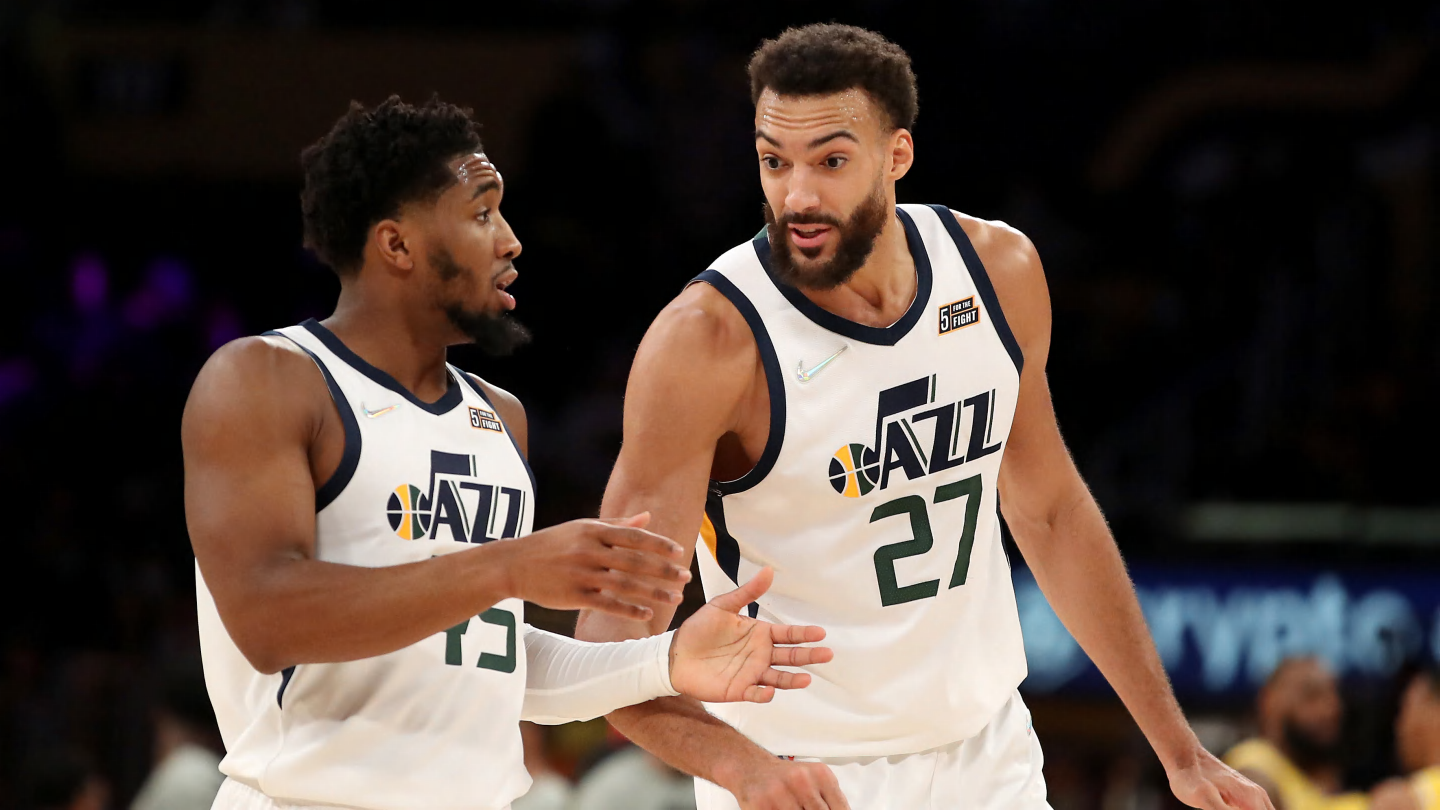It’s true that the Utah Jazz teams, led by Donovan Mitchell and Rudy Gobert, didn’t accomplish much in the playoffs. However, they knew when it was time to let go and start over, and they took advantage of it.
They got a lot of assets by trading Mitchell and Gobert, something no one really questioned at the time. Two years later, the trade looks even better, even if the current direction of the Jazz as a franchise is being questioned.
Daniel Favale and Grant Hughes of Bleacher Report thought about the trades while looking back at the biggest NBA trades of the last 10 years. TLDR: The Jazz did well from their perspective.
While Favale gave the Jazz high marks for what they got in exchange for Mitchell, he also listed some concerns about the assets at their disposal long-term.
“Anxiety is starting to set in and is preventing them from achieving a perfect requalification on two fronts.
“For starters, Cleveland’s first-round picks don’t look as interesting anymore. Garland (2028 free agent), Mitchell (2027-28 player option), Mobley (2030 free agent) and Jarrett Allen (2029 free agent) are all under long-term team control. The Cavs may still have to reorient the core at some point, but they’ll have the leverage in trade talks to make sure the floor is never pulled out from under them.”
He also added that the way the Jazz have performed since the Mitchell trade has proven problematic so far and why that might not stop.
“But Utah may also be a victim of underestimation. It has outperformed early-season expectations the past two years. That required massive selloffs and midseason trades, none of which resulted in it getting a pick higher than No. 9.
“That leaves the Jazz in a tricky position, seemingly too good to go down without resorting to extremes, but not yet ready enough to make noise in the Western Conference. Their next re-ranking will depend on what they do next.”
Because of that, Favale has been asked a plethora of questions regarding the future of the Jazz, and not just about the Mitchell trade.
“Do they have enough youth to leverage Markkanen-plus-kids and boost their net worth in the draft lottery? Will they get lucky with one of their first-rounders from Cleveland (or Minnesota or the Lakers)? Can they use the wealth of assets at their disposal to acquire a player better than Markkanen who can serve as an organizational compass? Make no mistake, it’s a good problem to have, but if transcending the middle is the goal, it’s a problem all the same.”
Favale’s arguments are valid. Even if they are good assets, they can all be futile if they lead nowhere. They could lead to exchanges for Trae Young or Brandon Ingrambut it depends on whether the Jazz think these are the best decisions for them.
Hughes didn’t give much detail about why the Jazz were successful with the Gobert trade. He summed it up pretty quickly.
“The Jazz got rid of an expensive veteran for an astronomical sum, which accelerated their rebuild,” Hughes wrote. “Even if Gobert played as well, the Wolves wouldn’t come close to what the Jazz got if they were to trade the big man today. It’s a win.”
These trades can’t really be considered until the Jazz see how much they’ll reap from Mitchell and Gobert. Those results won’t come for a while, but it would be hard to understand how the Jazz couldn’t have made the move.

